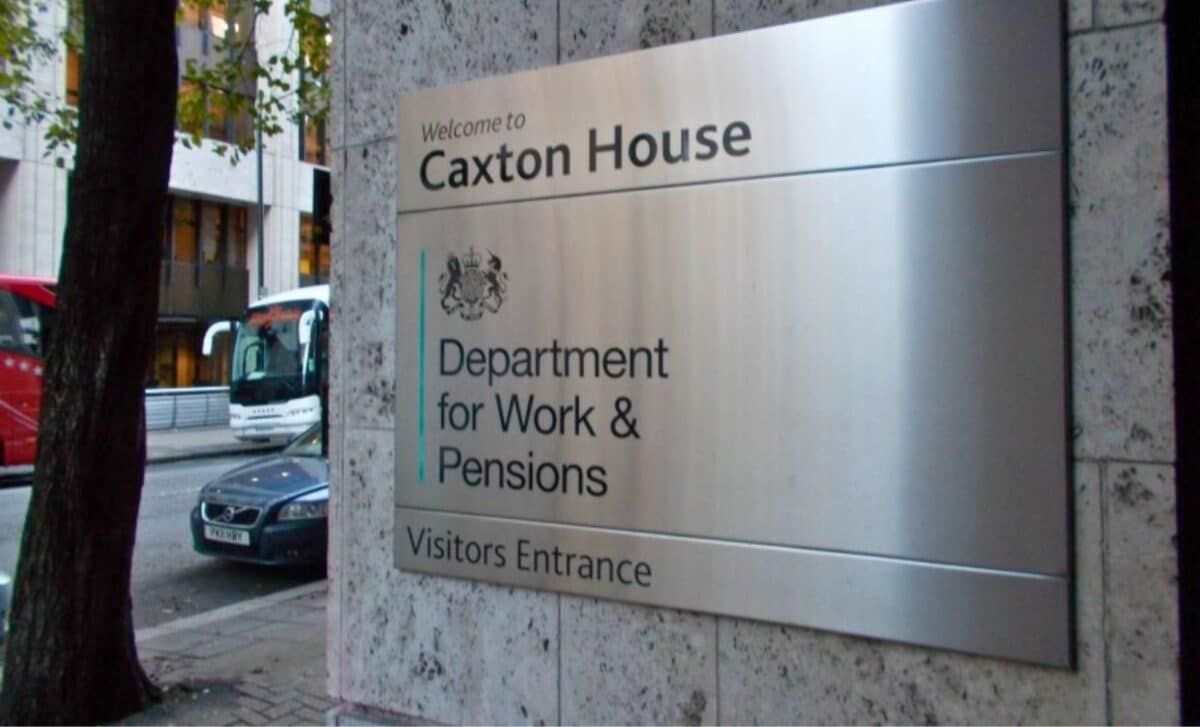A former Department for Work and Pensions (DWP) employee has issued a warning to people claiming Personal Independence Payment (PIP) and Attendance Allowance, advising them to keep detailed records to prevent payment issues. According to Birmingham Live, failing to provide consistent information during benefit reviews could lead to claims being scrutinized or even denied.
Sandra Wrench, who worked for the DWP for 42 years, stressed that many PIP and Attendance Allowance claims are only approved for a fixed period before being reviewed. If claimants forget what they originally wrote in their application, they risk accidentally providing conflicting details, which could result in reduced or canceled payments.
Five Important Records to Keep
To avoid problems during a review, Wrench recommends that claimants document and retain the following information.
1. Copy of Your Original Claim Form
Keeping a copy of your original PIP or Attendance Allowance application is essential for maintaining consistency when completing review forms. The DWP often reassesses claims every two to three years, and if your responses do not match your previous application, it could raise concerns. Having a written record of what you originally submitted allows you to refer back to it and ensure your details remain accurate and consistent.
2. Medical Evidence and Doctor’s Reports
Providing strong medical evidence is crucial when applying for or renewing PIP and Attendance Allowance. This includes recent GP reports, consultant letters, test results, and hospital discharge summaries. Claimants should keep copies of all relevant medical documentation and ensure that any new diagnoses, treatments, or worsening conditions are properly recorded. This helps support the claim and prevents delays caused by requests for additional medical proof.
3. A Personal Diary of Symptoms
Keeping a daily symptom diary can provide a clearer picture of how a condition affects everyday life. This should include details such as pain levels, mobility difficulties, fatigue, mental health struggles, and the impact on routine tasks like cooking, cleaning, or personal care. A well-documented diary can serve as firsthand evidence to show assessors how the condition varies from day to day and why additional support is needed.
4. Notes on How Your Condition Affects Daily Life
Claimants should maintain a detailed record of how their condition impacts their ability to work, travel, and complete daily activities. This includes difficulties with household chores, dressing, washing, using public transport, and social interactions. The DWP assesses eligibility based on how a condition affects functionality rather than just medical diagnosis, making it vital to document specific challenges faced on a daily basis.
5. Copies of Any Communication With the DWP
It is important to keep all letters, emails, and notes from phone calls with the DWP. This includes decision letters, requests for additional information, and any appeal correspondence. Having a record of past communications can help claimants challenge incorrect decisions and prove what information was provided in case of disputes. It also ensures that no important deadlines or requests from the DWP are missed.
Avoiding Common Mistakes
Wrench warned that filling out PIP or Attendance Allowance forms too quickly can lead to mistakes or missing information that may affect a claim. She advised claimants to take their time, seek support from welfare advisors if needed, and make sure all responses reflect their real daily struggles.
By following these steps and keeping the necessary records, PIP and Attendance Allowance claimants can better protect their benefits and avoid unexpected payment reductions or rejections.









